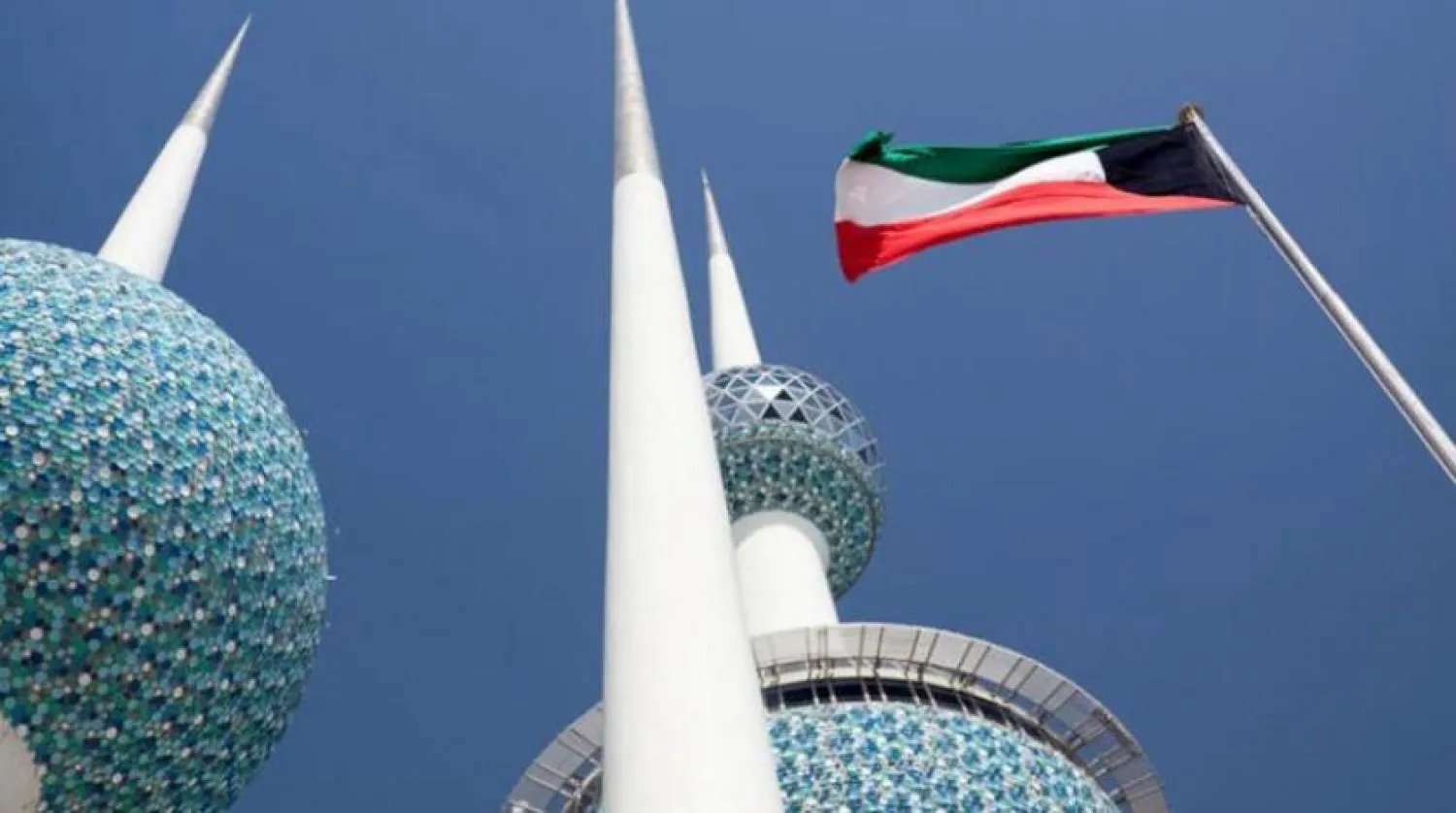Kuwait’s security services have thwarted a possible ISIS terrorist attack targeting compounds and places of worship on New Year’s Eve.
The government decided to close the places of worship and ban gatherings during the celebration of religious holidays in public areas, starting Dec.24.
Although it linked the decision to the preventive measures applied to limit the spread of coronavirus, it came amid news of a raised security alert after exposingthe ISIS cell.
Six young Kuwaitis have been arrested for contacting the terrorist organization, sources said, adding that it recruited them through a famous online game.
Al-Qabas Newspaper reported that the Ministry of Interior’s investigations with the juvenile cell revealed that its main operator was the son of a former member in the National Assembly.
Apparently, he was the first to be contacted and enrolled by ISIS members, it noted.
The young boy recruited the rest of his comrades in favor of the extremist organization, the newspaper noted, adding that they were asked to target compounds and mosques on New Year’s Eve.
Police confiscated firearms and computers that contained chats and coordination schemes to carry out terrorist acts in the juveniles’ possession.
The interior ministry deployed patrols of fully equipped special forces units inside residential complexes and shopping malls in a step aimed at imposing discipline and observing the law, it said.
This is not the first time that ISIS targets Kuwait. In 2015, the terrorist organization carried out a suicide attack against a mosque in the al-Sawaber area in the capital, killing 27 and injuring 227 in June 2015.
On Nov. 19, 2015, authorities arrested members of an extremist network that financed ISIS’s terrorist activities and obtained missiles and ammunition for the terrorist organization. The cell included 10 people, most of whom were foreigners.









